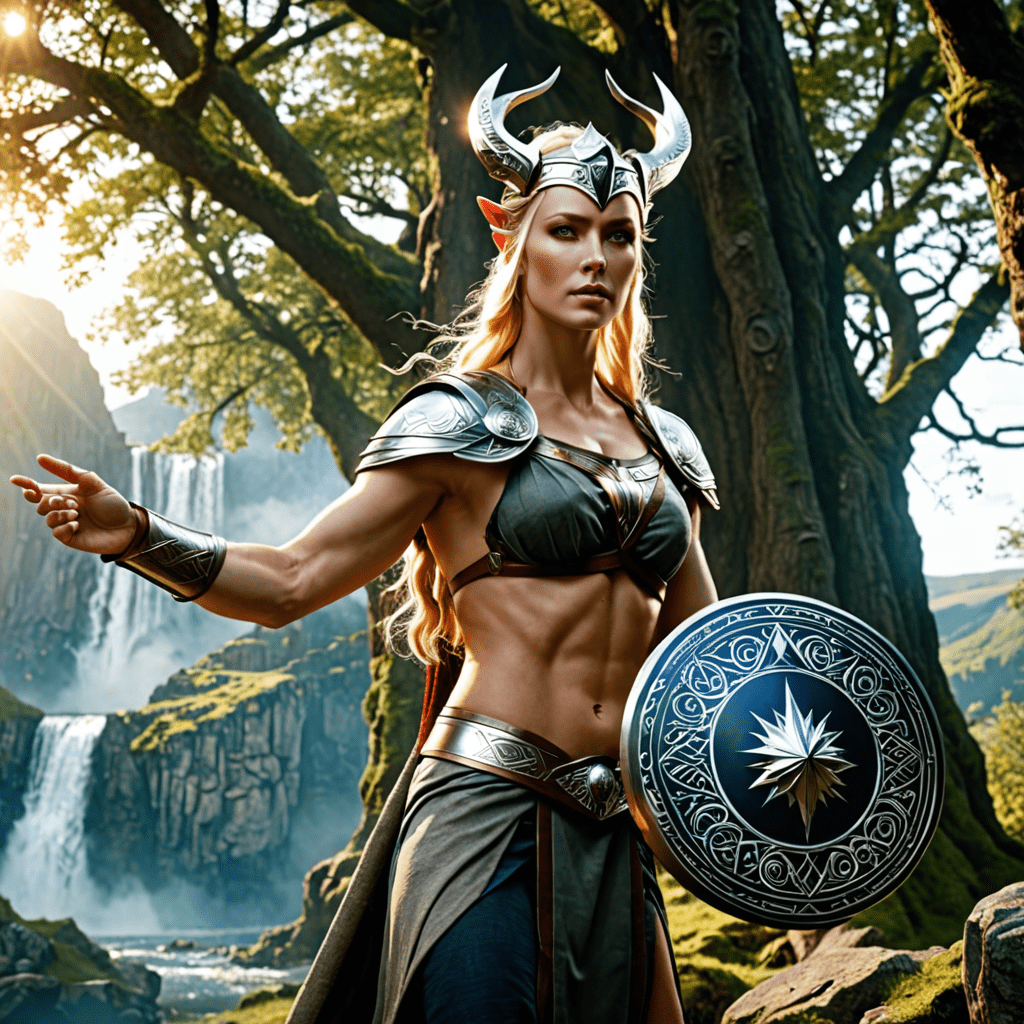The Concept of Fate and Destiny in Norse Mythology
Norse mythology is rich with fascinating tales of gods, giants, and supernatural beings. Central to these stories is the concept of fate and destiny, which play a crucial role in shaping the lives and actions of both gods and mortals.
Understanding the Norns: Weavers of Fate
In Norse mythology, the Norns are powerful female beings who control the destiny of all creatures. These three sisters, Urðr (Wyrd), Verðandi, and Skuld, are believed to reside at the roots of Yggdrasil, the world tree. They spin the threads of fate, determining the destinies of individuals and even the gods themselves.
The Role of Fate in Norse Mythology
Fate, known as “ørlǫg” in Old Norse, is a concept deeply ingrained in the Norse worldview. It is believed that everyone’s fate is predetermined and unavoidable. Even the gods, with all their power, are subject to the whims of fate. This notion of fate serves as a driving force in many legendary tales.
Embracing Destiny: The Viking Perspective
For the Vikings who revered the old Norse myths, accepting fate was a way of life. They believed that one’s actions in the present could influence their ultimate destiny, but ultimately, fate was inescapable. This belief in destiny gave them a sense of purpose and courage in the face of adversity.
The Web of Wyrd: Fate as Interwoven Threads
The Web of Wyrd, also known as Skuld’s Net, is a symbolic representation of fate in Norse mythology. It depicts the intricate connections between past, present, and future events, showing how everything is interconnected in the grand tapestry of existence. Each individual’s thread in this web is unique yet interwoven with those of others, highlighting the interconnectedness of all life.
FAQ about the Concept of Fate and Destiny in Norse Mythology
What is the concept of fate in Norse mythology?
Fate, known as “ørlög” in Old Norse, is a prominent belief in Norse mythology that dictates the predetermined course of events that will happen in one’s life. It is often seen as an unchangeable force controlled by the Norns, the Norse equivalent of the Fates in Greek mythology.
What role do the Norns play in determining fate?
The Norns, Urd (the past), Verdandi (the present), and Skuld (the future), are the weavers of fate in Norse mythology. They shape the destinies of gods and mortals alike, spinning the threads of life, measuring its length, and cutting it at the chosen time.
How does destiny differ from fate in Norse mythology?
Destiny in Norse mythology, also known as “wyrd,” is intertwined with fate but carries a sense of personal choice and agency. While fate is predetermined and fixed, destiny allows for individuals to make decisions that can influence the outcome of events leading to their ultimate fate.





